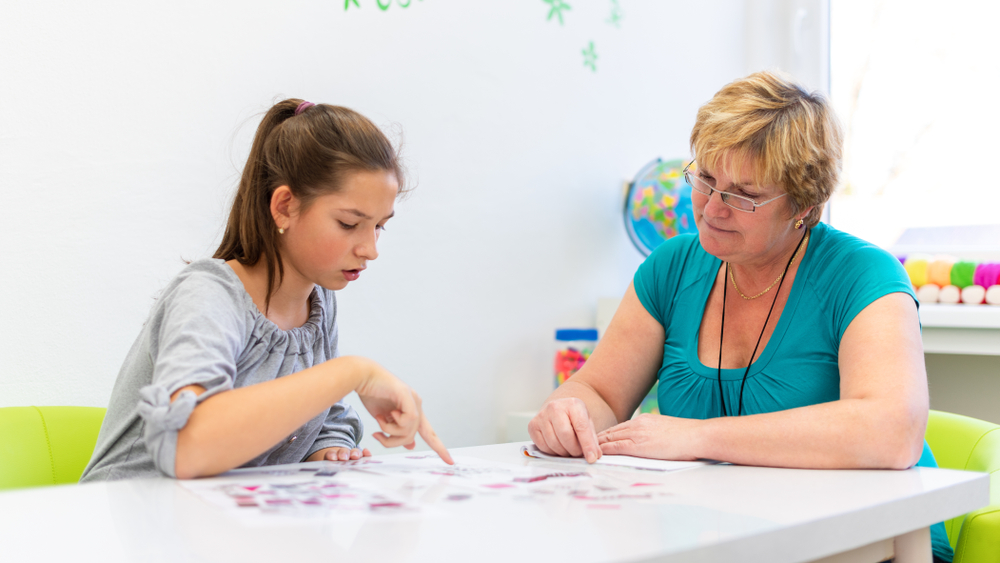The Merriam-Webster Dictionary defines a learning disability as “any of various conditions (such as dyslexia or dysgraphia) that interfere with an individual’s ability to learn and so result in impaired functioning in language, reasoning, or academic skills (such as reading, writing, and mathematics) and that are thought to be caused by difficulties in processing and integrating information.” Learning disabilities are distinct from global intellectual deficiency, as these disorders affect learning in individuals who otherwise demonstrate at least average abilities essential for thinking and/ or reasoning. Nevertheless, learning disabilities are lifelong conditions that can affect the acquisition, organization, retention, understanding or use of verbal and/ or nonverbal information. Learning disabilities can influence teenage mental health in a variety of ways. Some of the common challenges that teenagers with learning disabilities face include:
- Academic setbacks: Results from the 2022 National Assessment of Educational Progress indicate that 96% of students with learning disabilities are falling behind their classmates without disabilities.
- Low self-concept: The findings provided in a comparison review imply that “teenagers with learning disabilities regularly experience situations that contribute to creating a negative self-image and low self-esteem, such as shame, anxiety, frustration, social isolation, melancholy, and lack of self-confidence.”
- Social difficulties: Children and teens with learning disabilities are more frequently bullied or teased by their peers.
- Psychological problems: According to an article published in the Journal of Family Medicine and Primary Care nearly “30% of learning-disabled children have behavioral and emotional problems, which range from attention-deficit hyperactivity disorder (most common) to depression, anxiety, suicide etc., to substance abuse (least common).” A significant amount of research has shown that teenagers with learning disabilities face a heightened risk of psychological distress.
According to the National Center for Learning Disabilities, one in five American children has learning or attention difficulties. Experts assert that “children and youth with learning disabilities are at least twice as likely to experience mental health problems, including anxiety, depression and disruptive behavior disorders, which can affect their ability to learn, build interpersonal relationships and cope with setbacks.” The complex correlation between learning disabilities and teenage mental health is indisputable.
For Information and Support
Every family in need of mental health treatment must select a program that will best suit the needs of their family. When one member of a family struggles, it impacts everyone in the family unit. To maximize the benefits of treatment we work closely with the entire family to ensure that everyone is receiving the support they need through these difficult times. Seeking help is never easy, but you are not alone! If you or someone you know needs mental health treatment, we strongly encourage you to reach out for help as quickly as possible. It is not uncommon for many mental health difficulties to impact a person’s life, long term. Pursuing support at the beginning of one’s journey can put the individual in the best position to learn how to manage themselves in a healthy way so they can go on to live happy and fulfilling lives.
OUR KNOWLEDGEABLE ADMISSIONS TEAM CAN BE REACHED 24/7 AT INFO@PACIFICRTC.COM OR CALL: 800-531-5769






